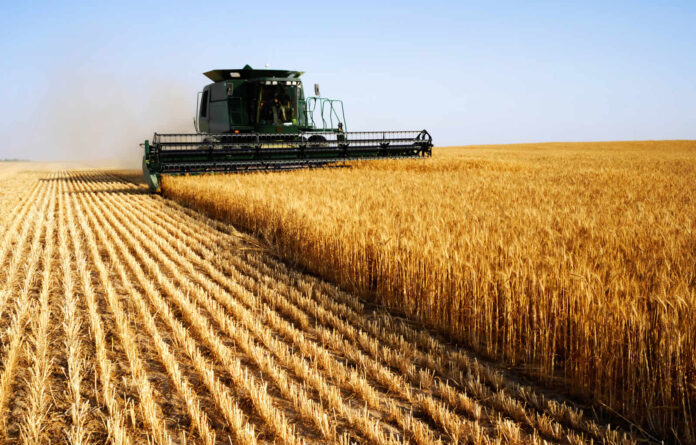Kaduna State Government has formulated and unveiled its policy to enhance growth and development of agriculture.
The document released on Tuesday is a product of nine months of research and extensive consultations, the Commissioner for Agriculture, Hajiya Halima Lawal, has said.
She said that the policy evolved in response to the Sustainable Development Goal (SDG) 1 and 2 and the need to diversify the economy.
The commissioner further said the policy would develop ‘’agriculture as the economic backbone, create self-sufficiency in food production in line with Federal Government’s efforts to diversify the economy, reduce over-dependency on oil and ultimately create enabling environment for private sector investments.”
According to her, the policy is conceived to accelerate agricultural development and facilitate socio-economic prosperity by addressing the huge challenge of inefficient and ineffective agricultural systems.
The commissioner reiterated that Gov. Nasir El-Rufai ‘s administration recognised that agriculture was key to ensuring food sufficiency, employment generation and agro industrial development.
“The present administration fully aligns with the Federal Government in diversifying the economy to shift from oil to the non-oil sector,’’ she added.
Lawal also said the documents would guide stakeholders in the state’s quest for rapid agricultural development, including the private sector through the Public Private Partnership (PPP) concept, as well as in ‘stand-alone’ investments in line with global best practices.
She explained that the documents would have strong legal framework ti boost investors confidence and commit the state and local government areas to adequate annual budgetary allocations to agriculture.
The commissioner thanked both the Alliance for a Green Revolution in Africa (AGRA) for funding the evolution of the policy through a two-year capacity strengthening project and the facilitator, Synergos Nigeria for their assistance.
She also commended the Partnership for Inclusive Agricultural Transformation in Africa (PIATA) , the United States Agency for International Development (USAID), Bill and Melinda Gates Foundation, UKAid and the Rockefeller Foundation for their support.




